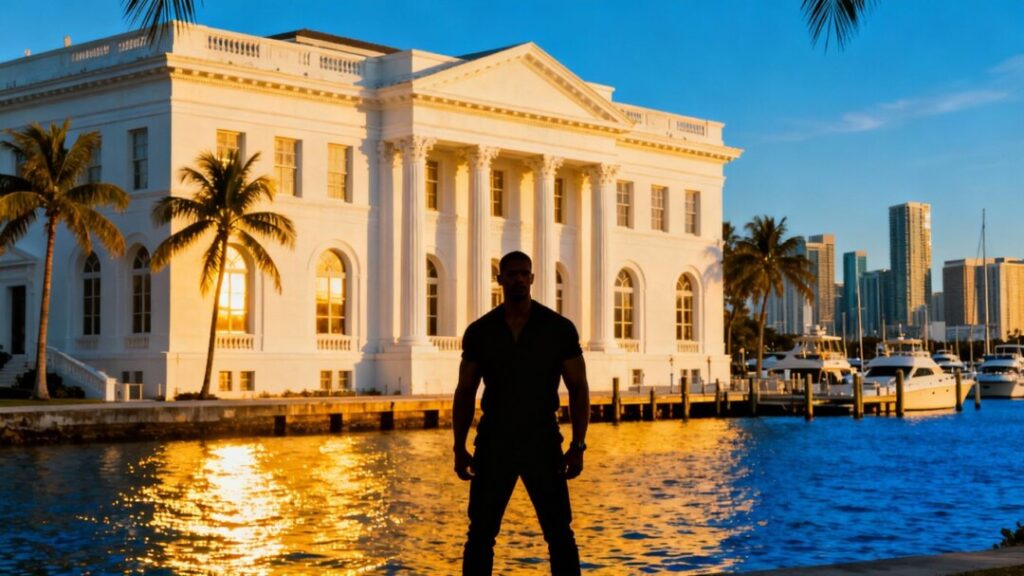Florida has made headlines by granting a multimillion-dollar parcel of prime Miami real estate for the construction of Donald Trump’s presidential library. The move, approved unanimously by the state’s Republican leadership, sets the stage for major development—and fierce debate—on a storied area near iconic Miami landmarks.
Key Takeaways
- Nearly three acres of prime Miami land have been donated to the Trump Presidential Library Foundation.
- The site is next to the historic Freedom Tower and Miami’s famed waterfront.
- The property was previously owned by Miami Dade College and is valued at over $66 million.
- Republican officials argue the library will boost economic activity, while critics say the decision is politically and culturally fraught.
Unanimous Decision Leads to Major Land Transfer
On Tuesday, Florida Governor Ron DeSantis and the state cabinet voted to gift the state-owned land to the Donald J. Trump Presidential Library Foundation, Inc. The parcel—currently used as a parking lot by Miami Dade College—sits along Biscayne Boulevard, surrounded by luxury condos, major venues, and scenic parks.
The foundation, led by Trump family members and close associates, now controls a site that real estate experts describe as a “developer’s dream.” While appraised at over $66 million, some analysts believe the true market value could be several times higher given its location and zoning potential.
Cultural Symbolism Spurs Controversy
The chosen site sits adjacent to the Freedom Tower, a revered symbol for Miami’s Cuban American community and once a gateway for refugees fleeing communism. While some officials tout the location as an “amazing opportunity,” others, especially from the local Cuban-American population, see the move as controversial.
Recent protests reflect unease among those who view the juxtaposition of Trump’s record on immigration and the Freedom Tower’s legacy as problematic. Some community leaders and local lawmakers have called the land transfer a betrayal of the site’s symbolic importance.
Fast-Tracked and Preempted Local Input
The legislative path to this land transfer was paved earlier this year, when a Florida law curtailed local governments’ ability to veto presidential library projects. That preemption means decisions on the now-private use of prime public land were made without municipal oversight.
Officials backing the decision argue the development will create jobs and give Miami another high-profile landmark. Critics counter that the process sidelined public input and could set a precedent for handing over taxpayer assets for partisan purposes.
Future Plans and Economic Potential
While exact architectural plans have not been disclosed, Eric Trump has promised the library will create “one of the most beautiful buildings ever built.” Under terms of the agreement, only part of the site must house the library, leaving room for other potential developments, including commercial uses.
The transfer’s economic implications are significant. Analysts suggest the land could support major towers and retail, with long-term financial windfalls for foundation stakeholders—and controversy over public benefit. The agreement requires construction to begin within five years.
Looking Ahead
With the future Trump library poised to alter Miami’s skyline, discussions are expected to continue over the stewardship of cherished civic spaces. As legal and political challenges loom, Miami’s downtown waterfront stands at the crossroads of history, politics, and real estate ambition.
Sources
- Florida officials gift prime Miami real estate for Trump’s presidential library, Yahoo.
- Florida donates Miami real estate for Trump library, Spectrum News 13.
- Florida officials gift prime Miami real estate for Trump’s presidential library, WLRN.
- Florida Hands Over Prime Miami Property for Trump Library, The New York Times.


